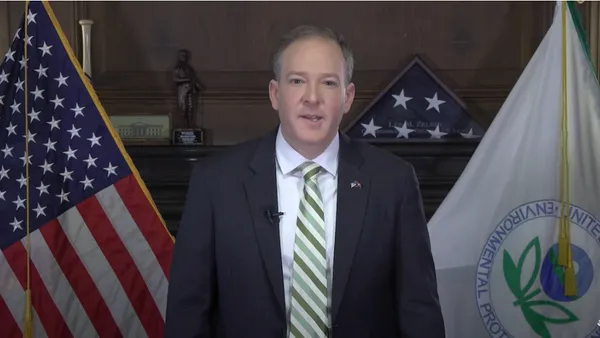Dive Brief:
- Charlottesville, VA officials launched the first open data portal for the city, as reported by Government Technology.
- The 72 datasets are broken down into 10 categories, making it easy for the public or for government employees to search for and find data that they're interested in. The datasets are further sorted in ways that align with Charlottesville's strategic goals.
- According to Government Technology, Charlottesville will be hosting an "open data boot camp" later in September, providing instruction for residents — and allowing participants time to provide feedback on the portal.
Dive Insight:
Time and time again, it's been said that a city can't be smart if its data isn't open and accessible. Datasets that are easy to access and process are crucial to smart decision making and citizen engagement. In dumping so much well-organized data in one place, Charlottesville has taken a big step in becoming a more open, transparent and smart city — which, according to Government Tech, has been a priority for Mayor Michael Signer as long as he's been in office.
In addition to promoting government transparency by sharing data with the public, Charlottesville Open Data is giving special consideration to connecting with residents. By organizing the datasets to match the city's strategic plan goals, Charlottesville Open Data creates an intuitive way for residents to track and follow progress. This combination of accessibility and accountability is perfectly in line with The Sunlight Foundation's recommendations and guidelines for implementing an open data policy.
Opening up the city's data may also be a way for Charlottesville to assure its residents that the city is acting in their best interest. This would be a crucially important process for the city government, following the violence that erupted during protests in mid-August. While new technologies, data management and infrastructure plans are all components of a smart city, leaders and policymakers can't afford to forget to serve and protect the residents who elected them.










